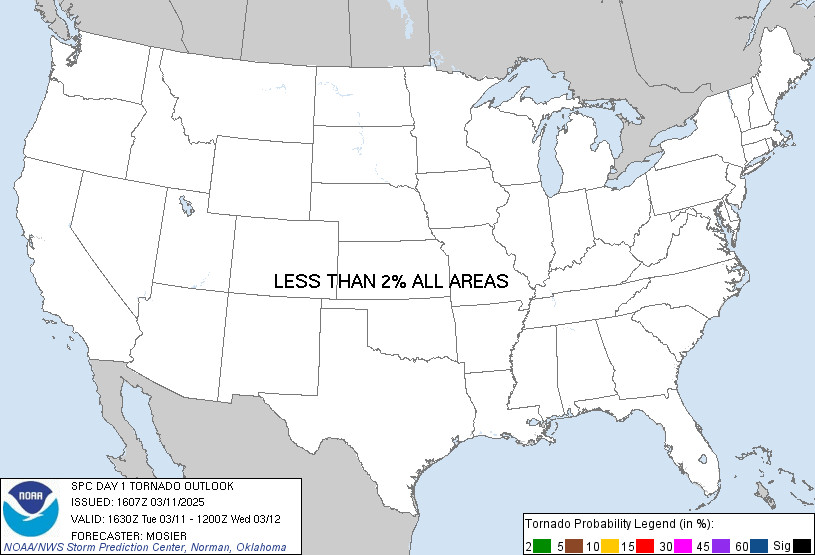“How are you doing today?” is a very common greeting in English, used to inquire about a person’s well-being specifically on the current day. It’s a friendly and polite way to start a conversation or simply acknowledge someone’s presence. Understanding the nuances of this phrase, especially when considering its meaning in Urdu, can enhance communication and cultural understanding.
In English, “How are you doing today?” is slightly more specific than a simple “How are you?”. It focuses on the present moment, asking about their state of being at this particular time. It’s a warm and approachable way to show you care and are interested in how someone is feeling in that moment.
When we translate “How are you doing today?” into Urdu, a common and accurate translation is “آج آپ کیسے ہیں؟” (Aaj aap kaise hain?). Let’s break down this Urdu phrase:
- آج (Aaj): This word means “today”. It directly corresponds to the “today” in the English phrase, specifying the current day.
- آپ (Aap): This is the formal and respectful way to say “you” in Urdu. It’s used when speaking to elders, people you don’t know well, or in formal situations.
- کیسے (Kaise): This word means “how”. It’s the core of the question, inquiring about the manner or state of being.
- ہیں (Hain): This is the plural form of “is/are” and is used with “Aap” to show respect.
Therefore, “آج آپ کیسے ہیں؟” (Aaj aap kaise hain?) directly and accurately translates to “How are you doing today?” in Urdu. It carries the same polite and caring tone as the English phrase.
The meaning of “How are you doing today?” in both English and Urdu is primarily a greeting. It’s a social convention to initiate interaction and show politeness. While it literally asks about someone’s well-being, it often functions as a pleasantry. In many casual situations, a simple and positive response is expected, such as “I’m doing well, thank you,” or in Urdu, “میں ٹھیک ہوں، شکریہ” (Main theek hoon, shukriya).
However, depending on the context and your relationship with the person, “How are you doing today?” can also be a genuine inquiry into their well-being. If you sense that someone might be having a difficult day, asking “How are you doing today?” can open the door for them to share if they wish.
It’s important to note that like many greetings, the literal translation might not always capture all the cultural nuances. While “آج آپ کیسے ہیں؟” is the most direct and widely understood translation of “How are you doing today?” in Urdu, there might be other similar phrases used in different contexts or regions. However, this phrase is universally understood and appropriate in most Urdu-speaking situations.
When responding to “How are you doing today?” in either English or Urdu, consider the context of the conversation and your relationship with the person asking. For casual greetings, a simple positive reply is usually sufficient. If you want to elaborate, or if you sense genuine concern, you can share more about your day.
In conclusion, “How are you doing today?” is a common and polite English greeting that inquires about someone’s well-being on the current day. Its accurate Urdu translation is “آج آپ کیسے ہیں؟” (Aaj aap kaise hain?), which carries the same meaning and polite tone. Understanding the meaning and usage of this phrase in both languages promotes effective communication and cross-cultural understanding, particularly when engaging with Urdu speakers.

